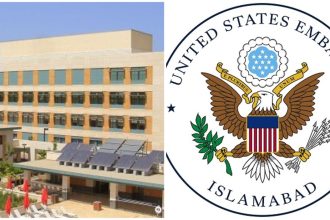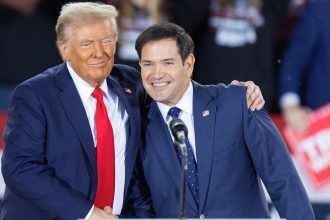The government has begun consultations on the New Energy Vehicle (NEV) Policy for 2025-30, aiming to transform the transportation sector and reduce carbon emissions.
A key meeting took place at the Ministry of Industries on Monday, drawing automakers to discuss enhancing local NEV production, reducing fossil fuel dependence, and lowering carbon emissions.
The meeting explored incentives for NEV production, such as tax reductions, lower import duties on NEV parts, and green financing options for eco-friendly investments.
However, industry sources indicated that automakers are concerned that the NEV policy’s incentives might only benefit the wealthiest 10-20% of auto consumers due to the high costs of NEVs compared to other vehicle types.
The Engineering Development Board (EDB), operating under the Ministry of Industries and Production, crafted the policy. It aims to promote sustainable, low-emission vehicles and green technology nationwide.
The draft policy emphasizes the urgent need to cut carbon emissions, noting the transportation sector’s significant contribution to national greenhouse gas emissions. It sets a target for a zero-emission fleet by 2060.
The policy calls for establishing a national charging infrastructure to boost NEV adoption.
Plans include setting up charging stations in public areas and along major highways. Oil Marketing Companies must install Level 3 charging stations at 10% of their locations.
Private entities will enjoy income tax exemptions, subsidized electricity rates, and reduced land costs for a 10-year lease to establish charging stations.
Environmental protection is a focal point of the NEV policy, which sets safety and recycling standards for NEV batteries and components to encourage a circular economy.
The draft NEV Policy 2025-30 includes reducing customs duty to 1% on NEV parts and 10% on complete imports until 2027, along with sales tax exemptions for locally made components.






